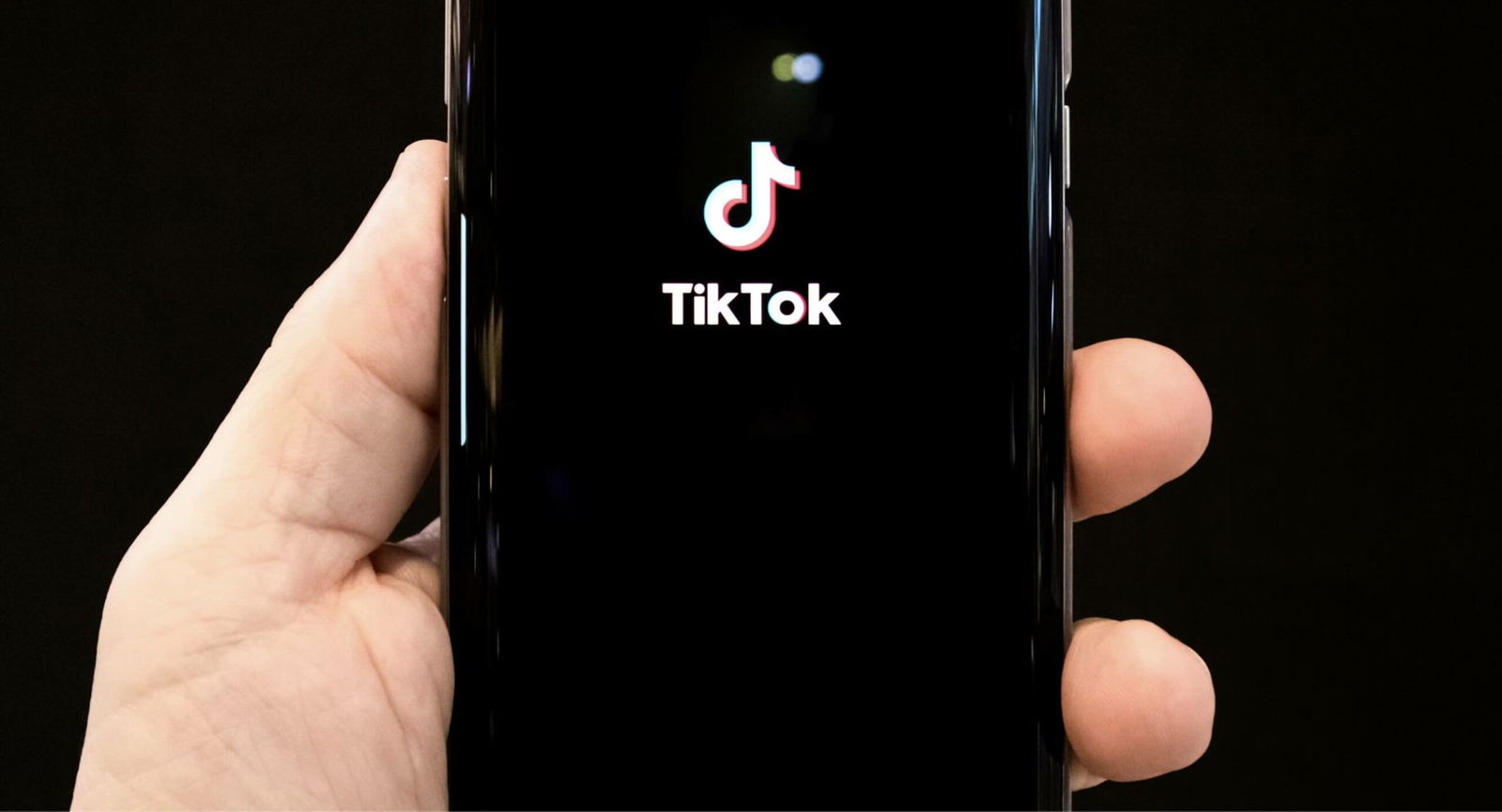As the U.S. Supreme Court debates whether Congress can ban TikTok, with a looming shutdown date of January 19 in the U.S. for the Chinese co-owned app, new research sheds light on the potential health risks social media platforms pose to children.
As the debate intensifies, the U.S. government may pressure Chinese authorities to alter the flow of information on social media to combat misinformation. Additionally, the government could demand the company hand over sensitive data and user information collected from Americans since the app’s U.S. debut in August 2018.
The Supreme Court has flagged TikTok as a potential security risk. In its defense, the app says the banning violates the First Amendment, which protects free speech. However, the one caveat to TikTok staying in America and keeping creators in business would be if the Chinese partner sells the app.
“Policymakers need to look at TikTok as a systemic social media issue and create effective measures that protect children online,” said Jason Nagata, MD, a pediatrician at UCSF Benioff Children’s Hospitals and the lead author of the study. “TikTok is the most popular social media platform for children, yet kids reported having more than three different social media accounts, including Instagram and Snapchat.”
Kevin O’Leary, known from his reality TV stint as one of the “Shark Tank” investors, is part of a group aiming to acquire TikTok and said they are steps away from closing a potential deal. President-elect Donald Trump has recently said that he wants to “save TikTok,” despite saying in 2020 that he supported banning the controversial app.
With TikTok becoming more of a daily political conversation than an app designed to enhance creators’ content and connect people, parents across North America continue to ask: Is my child’s use of TikTok healthy? And if not, how do I protect them from using the app?
Social media apps like TikTok, Instagram, YouTube, and Snapchat have terms of service that state that children in the U.S. must be 13 years or older to access and use them. Surprisingly, new research from the University of California, San Francisco, found that most children between 11 and 12 years of age use the app despite the age restrictions and are showing signs of a social media addiction.
While most 11 and 12-year-olds use the app nationally, 6.3 percent use it from a secret account they hide from their parents. This percentage might seem low, but the added number of children under the age of 13 who use the app with parental consent suggests the need for broader conversations about the prevalence of social media use among younger age groups.
A past study by the University of California, San Francisco, found social media addictions in children included the inability to stop, withdrawal, tolerance, conflict, and relapse—all traditional signs of co-dependence.
“Our study revealed a quarter of children reported elements of addiction while using social media, with some as young as eleven years old. The research shows underage social media use is linked with greater symptoms of depression, eating disorders, ADHD, and disruptive behaviors,” explains Nagata.
“When talking about social media usage and policies, we need to prioritize the health and safety of our children.”
In the current study, 25 percent of children with social media accounts reported frequently thinking about social media apps and using their apps to escape from their problems. Additionally, 17 percent tried to reduce their social media use but couldn’t, while 11 percent reported that excessive social media use had negatively impacted their schoolwork.
“Every parent and family should have a family media plan to ensure children and adults stay safe online and develop a healthy relationship with screens and social media,” said Nagata, who is the father of two young children.
“Parents can create strong relationships with their children by starting open conversations and modeling good behaviors,” he said. “This is something I try to do with my own children.”
Chrissy Newton is a PR professional and founder of VOCAB Communications. She hosts the Rebelliously Curious podcast, which can be found on The Debrief’s YouTube Channel. Follow her on X: @ChrissyNewton and at chrissynewton.com.

